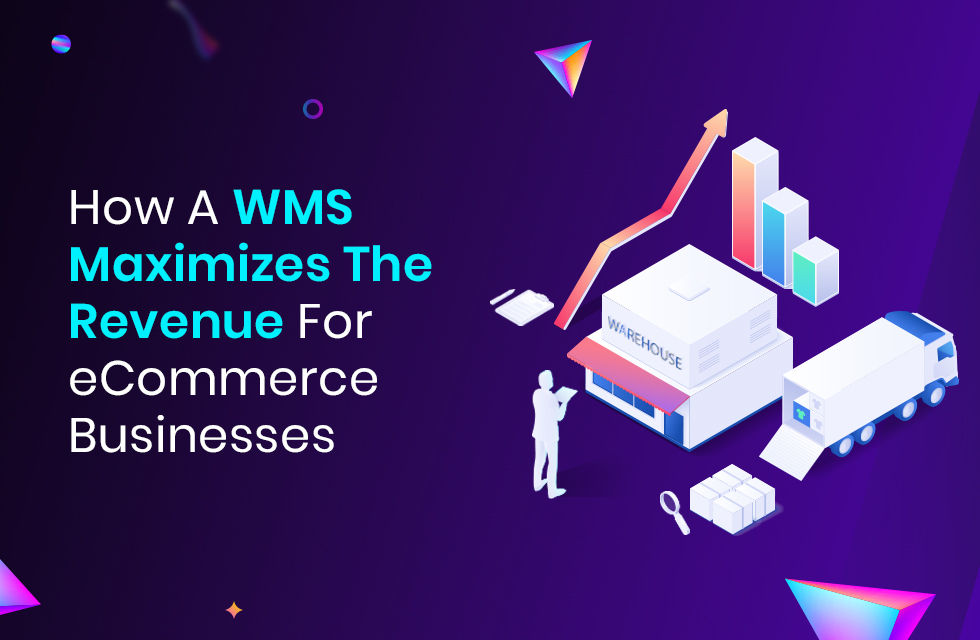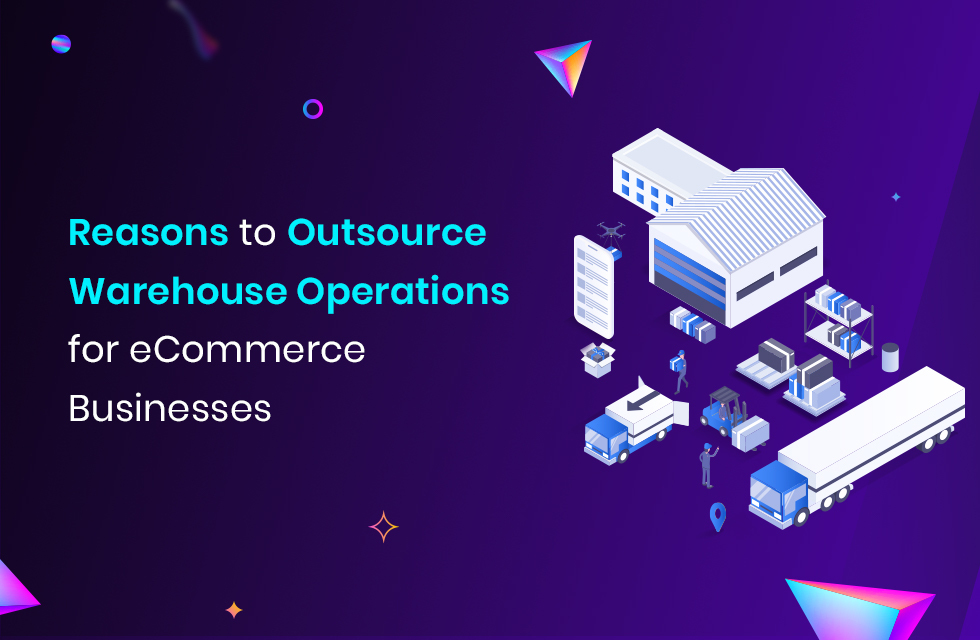Running an eCommerce store is quite different from running a brick-and-mortar store. Apart from the fact that customers cannot touch or feel the product before purchasing it, eCommerce businesses also have to worry about storage and inventory.
A warehouse management system (WMS) can help optimize the storage and retrieval of products, maximizing the revenue for eCommerce businesses.
So, what is a warehouse management system? How does WMS maximize the eCommerce revenue? Read reading to find out.
What is a Warehouse Management System?
A warehouse management system (WMS) is a software application that helps businesses manage their inventory. It assists with the receiving, stocking, picking, and shipping of orders.
eCommerce businesses can use a WMS to:
- Receive orders from suppliers
- Check the stock levels of products and place orders for new stock as needed
- Pick and pack the products into boxes to fulfil orders
- Ship orders to the customers
How Does A WMS Maximize eCommerce Revenue?
A well-functioning Warehouse Management System can help an eCommerce business save time and money. Find out how:
-
Saving Time
A WMS can help an eCommerce business to receive and process orders quickly and accurately. It means that products can be stocked and shipped in the quickest time, leading to a higher customer satisfaction rate.
Example:
A customer orders a product that is out of stock. In such a case, a WMS can quickly place an order for the product from the supplier and notify the customer of the expected delivery date. The customer is more likely to wait for the product to be delivered rather than go to a competitor’s store.
-
Reducing Costs
Businesses often underestimate the cost of inventory storage. With a WMS, businesses can make use of available space more efficiently. It can lead to lower storage costs and, ultimately, higher profits.
For example, an e-store using a WMS can:
- Order products only as they are needed, which will reduce the amount of stock that needs to be stored
- Efficiently store products in a warehouse, using space more efficiently
- Use a barcode scanning system to pick and pack products, which will speed up the order fulfillment process.
-
Improving Customer Service
With a WMS, businesses can provide accurate information to customers about the status of their orders. It can lead to happier customers who are more likely to shop from the brand again.
For example, a business can use a WMS to:
- Notify customers when their orders are shipped
- Keep track of the status of each order
- Inform customers when a product is back-ordered or out of stock
-
Optimized Supply Chain
A WMS can help businesses manage their inventory with minimum stockouts. It can lead to a more efficient and cost-effective supply chain, further increasing profits.
For example, a WMS helps the business in the following:
- Easily track inventory levels and reorder products as needed
- Analyze data to identify patterns and optimize the supply chain
-
Internal Automation Benefit
A warehouse management system can automate specific tasks within the warehouse. It boosts efficiency and accuracy, as well as reduces labour costs.
For example, with a WMS, businesses can automate the process of:
- Receiving products from suppliers
- Picking products for orders
- Packing and shipping of orders
-
Traceable Materials
A good WMS will keep track of materials moving through the warehouse. This information can improve processes and prevent errors in the future.
For example, a WMS can help an eCommerce business keep track of the following:
- Location of stored products
- In stock products
- Products that have been ordered but not yet received
- Expired or out-of-stock products
-
Ongoing Improvement
A warehouse management system is not a static solution. As business needs change, the WMS can be adapted to meet those needs. It brings continuous improvement in the efficiency of a warehouse and, ultimately leads to higher profits.
For example, an eCommerce business can use a WMS to:
- Improve the accuracy of inventory counts
- Reduce the time it takes to fulfil orders
- Streamline the receiving and shipping process
Conclusion
A warehouse management system can be a precious tool for eCommerce businesses. It can save time and cost while also improving customer service. If you’re looking for a way to maximize your eCommerce revenue, an advanced WMS might be the answer.

